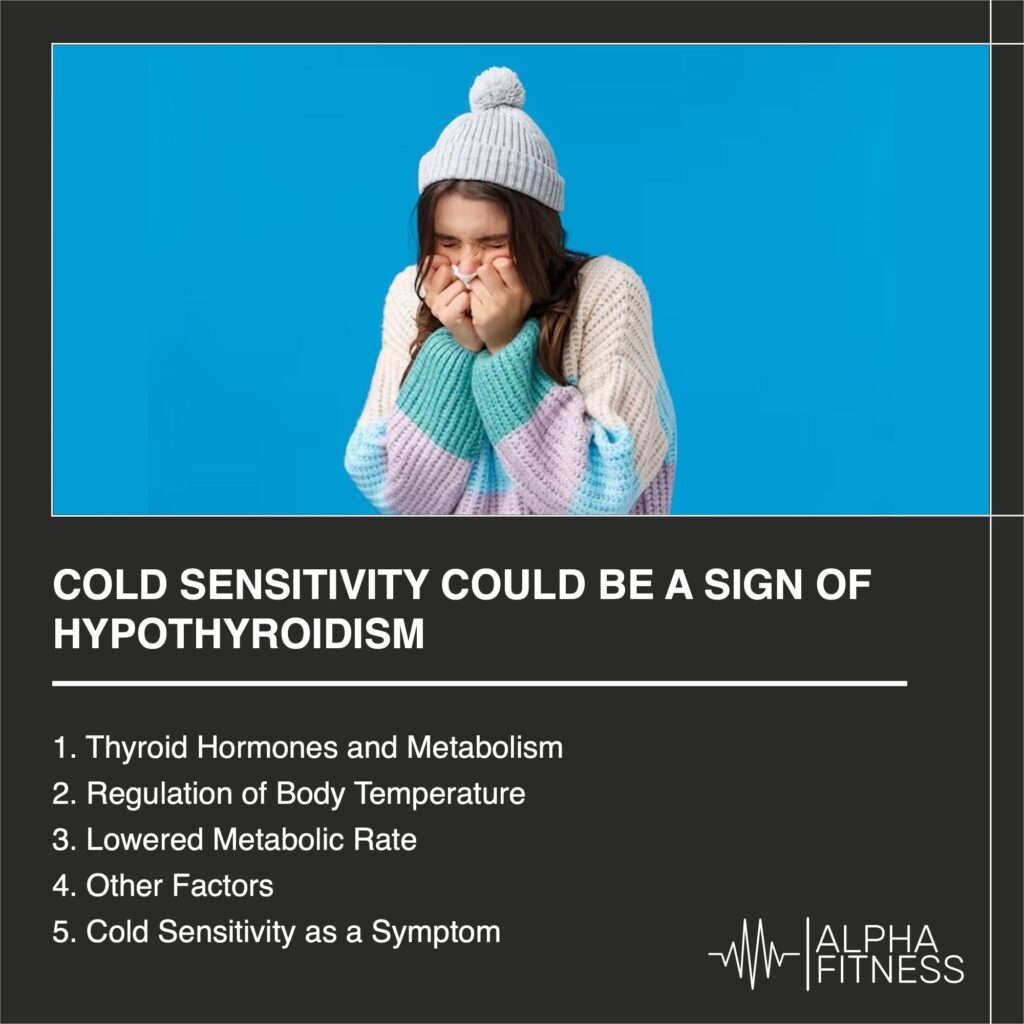
Yes, cold sensitivity can be one of the many symptoms of hypothyroidism. Hypothyroidism is a condition in which the thyroid gland doesn’t produce enough thyroid hormones, which play a crucial role in regulating metabolism and maintaining body temperature. When thyroid hormone levels are low, it can lead to a drop in the body’s metabolic rate, which can make individuals more sensitive to cold temperatures.
Below is a list of useful links:
- Potato chips, being starchy, can dry out your mouth
- Charcoal Toothpaste: Is It a Safe Way to Whiten Your Teeth?
- Get a healthy gum to regular use of mouthwash
- Milk helps strengthen teeth
- Benefits of saltwater for healing root infections
Certainly, let’s go into more detail about how hypothyroidism can lead to cold sensitivity and why it happens:
Thyroid Hormones and Metabolism:
The thyroid gland is responsible for producing two main hormones: triiodothyronine (T3) and thyroxine (T4). These hormones play a vital role in regulating the body’s metabolism, which is the process by which the body converts food into energy. They affect how the body uses and stores energy, controls temperature, and influences various metabolic processes.
Regulation of Body Temperature:
Thyroid hormones help regulate body temperature by influencing metabolic rate. When the thyroid gland doesn’t produce enough of these hormones (a condition known as hypothyroidism), it can lead to a decrease in the body’s metabolic rate. This, in turn, affects the body’s ability to generate heat, making individuals more sensitive to cold temperatures.
Lowered Metabolic Rate:
In hypothyroidism, the metabolic rate decreases, meaning the body doesn’t produce as much heat during normal metabolic processes. As a result, individuals with hypothyroidism may feel colder than usual, even in normal or slightly cold environments.
Other Factors:
In addition to the reduced metabolic rate, hypothyroidism can also affect the body’s ability to shiver effectively. Shivering is a mechanism the body uses to generate heat and maintain its core temperature. When thyroid hormone levels are low, shivering may not work as efficiently, further contributing to cold sensitivity.
Cold Sensitivity as a Symptom:
Cold sensitivity is just one of many symptoms that can result from hypothyroidism. As mentioned earlier, individuals with hypothyroidism may also experience fatigue, weight gain, dry skin, and a range of other symptoms due to the overall metabolic slowdown.
Treatment:
The primary treatment for hypothyroidism involves replacing the deficient thyroid hormones. This is typically done through thyroid hormone replacement therapy, where synthetic T4 (levothyroxine) is prescribed to help restore normal thyroid hormone levels. As thyroid hormone levels return to normal, many of the symptoms, including cold sensitivity, should improve.
It’s important to note that while cold sensitivity can be a symptom of hypothyroidism, it is not specific to this condition and can also be caused by other factors. If you suspect you have hypothyroidism or are experiencing cold sensitivity along with other symptoms, it’s essential to seek medical evaluation and thyroid function testing to determine the cause and receive appropriate treatment.



